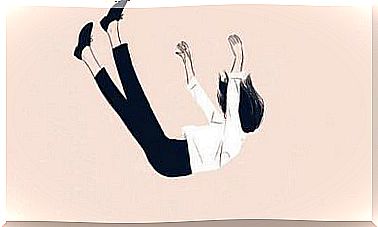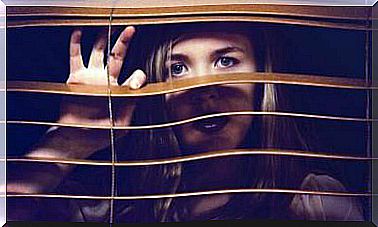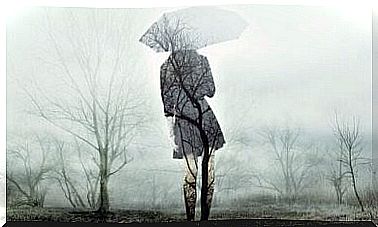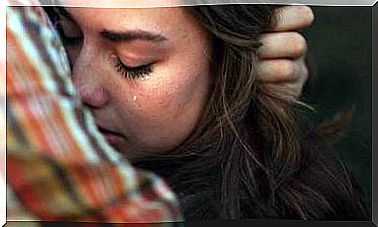Hyperchildren, Children Of Overprotection And Stress
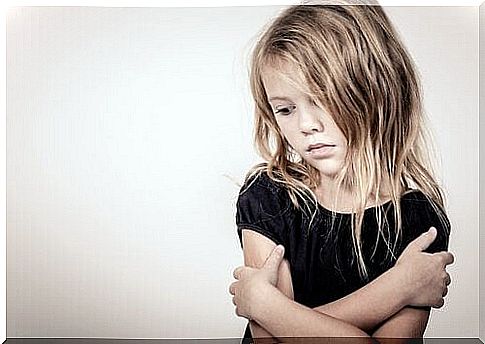
Hyperchildren are the product of hyperpaternity, an increasingly common new dynamic that neglects important aspects of childhood, such as play, the relationship with nature, boredom and coping with problems. A style of education based on overprotection and excessive attention and praise.
A hyperchild responds to the needs of others before his own. This is a generation that has little time for self-discovery, intrapersonal development, and many personality traits that are developed in childhood.
What does the term “hyperson” mean?
The terms “hyperchild”, “hyperchild” or “hyperpaternity” refer to family dynamics that focus their efforts on keeping their children under control. As a result, they disassociate themselves from activities proper to their respective ages. Thus, children are transformed into individuals with little independence, from whom perfection is expected.
The term originated in the United States and is related to the traditional concept of “spoiled child”. However, as the journalist Eva Millet, author of the book Hiperpaternidad e e Hipercrianças: perfect children or hippochildren? (no translation in Brazil), hyperchildren receive stress from their parents, which did not happen with spoiled children.
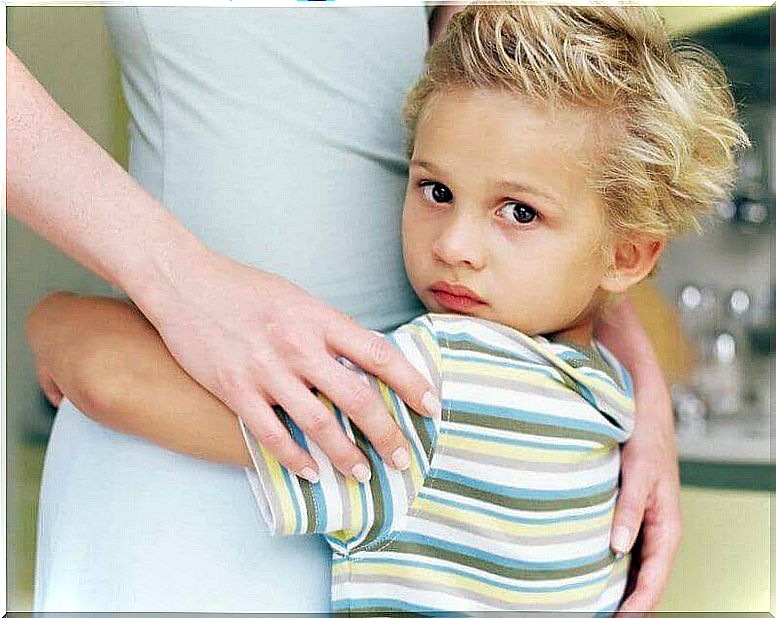
How is life for hyperchildren?
Hyperchildren have their lives occupied with extracurricular activities that do not arouse passion, are very aware of their shortcomings and are treated by parents as an investment: after having invested a lot of money and effort in raising their children, they think (often unconsciously) that this value must be transformed into their success.
However, children are aware of much more than we realize. This pressure affects them on all levels. That’s how their lives become a constant stress for meeting the expectations of others.
However, there is another side of the coin: hyperchildren are increasingly the focus of attention in all families. As Millet points out, “in the houses, the photographs on display are no longer those of grandparents, but of children, who more than ever are the kings of the house. This has to do with the fact that we now have 1.3 children on average per couple. Before, this number was much higher, we didn’t pay much attention to the children. Before they were furniture, now they are altars”.
This excessive stimulation generates in children a feeling of authority that is not positive for their personal development. As a result, they are not able to handle their emotions well, they are easily frustrated, they feel their parents’ anxiety… In short, they become what Millet calls “hypochildren”, dependent children who cannot do anything without help from parents.
What does a child need?
It is difficult to determine what all children’s needs are, as they, as individuals, have aspirations, desires and expectations of their own. However, one thing is clear: they are still in training to face the real world, and we cannot demand from them as much as from adults.
That’s why a parent’s aspirations should never turn to children: thinking about the higher education that their children will do when they’re not even 10 years old is, above all, nonsense. We must let children develop their personality, their tastes. Above all, we must let them fail, learn where the limits are and what they can get out of their mistakes if they want to overcome those limits.
As the author indicates, the offer of activities and experiences has grown exponentially in recent years. Therefore, there are real competitions between families. Parents or caregivers wonder which camp is the best, which musical instrument is most prestigious…
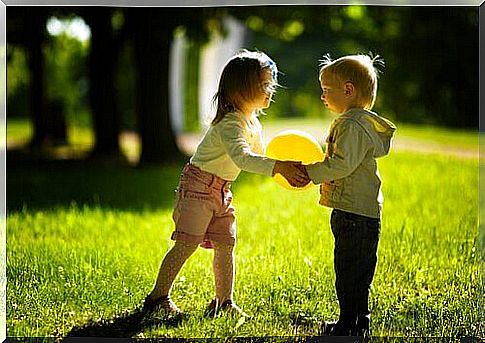
less money and more love
All these experiences, classes and camps are big expenses. But despite this, we cannot want children to value amounts of money they do not yet understand. So, instead of worrying about which English teacher has the best references to teach a 10-year-old child, it is preferable that this child relate in a much more natural way.
After all, children must grow up playing with other children, putting their skills into practice independently. Parents should not be the main pillar of this relationship, but be on the side, be present when the child needs help.
It is important that the little ones learn to deal with situations that do not happen as expected . The role of a father or a mother is to advise, support and, above all, love.
